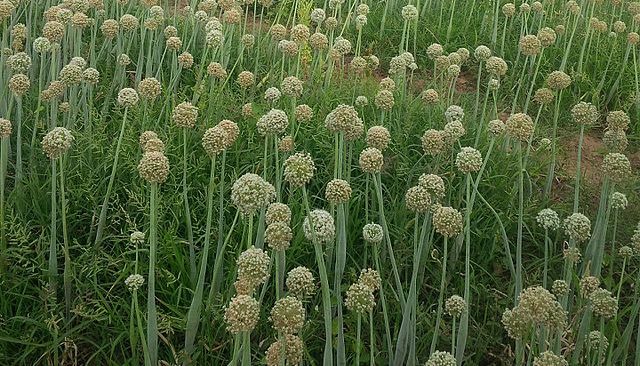Nigeria’s economy will experience a 3% growth rate thanks to agriculture, reports World Bank. The country will also recover its pre-Covid19 economic performance in 2025 by improving on the cited rate of growth.
The 3% growth margin applies to the 2023-2024 financial year and will emanate from agriculture, construction and trade. By mid-2025, however, these two sectors will have revved the economy by 3.7%.
The 2024 performance marks a 0.3% improvement since June 2023 and will help transition to a further 0.6% growth in 2025.
Agriculture Represents 1/4 of GDP
Driving this economic ascension is agriculture, which roughly contributes a quarter of the General Domestic Product (GDP). In quarter 3, 2023, the sector accounted for 26.53% of the GDP, a growth of 11.06% from 2022’s third quarter.
Analysts however tout that agriculture has the steam to make it 50% of the GDP with the right policies.
The World Bank highlights the need for extra funding in the sector. Agriculture has been receiving an average of 2% of Nigeria’s budget since 2016. Only 2018 and 2019 had more than 2% monetary allocation in six years, while 2023 had an allocation slightly above 1%.
Additionally, Nigeria has 80 million hectares (ha.) of farming land but just 44% of these currently enjoy cultivation.
One-time Minister of Agriculture and Rural Development, Mohammad Abubakar captured the potential of this empty acreage through its irrigation worth. Incidentally, around 3.14 million hectares are in areas with groundwater but merely 7% are currently under irrigation.
According to Abubakar, if the state upped irrigation, the country would find an economic miracle in agriculture.
Diversification Via New Seeds
Another way Nigeria’s agriculture could reach its full potential is by battling climate change with new seeds.
One such project is a climate-resilient project by Germplasm Users’ Group (GUG) with operations going back 36 months. The initiative has been supplying local farmers in Oyo state with cowpeas and sorghum that suit their areas to boost yields.
The umbrella project known as Seed for Resilience Project has so far benefited 1000 smallholder farmers in Nigeria. The seeds offer diversity in various ways, including early maturity to fight drought and high yields to boost food security.
Thus, even as agriculture insures a 3% growth rate for Nigeria’s economy in 2024, the sector espouses huge growth potential.
